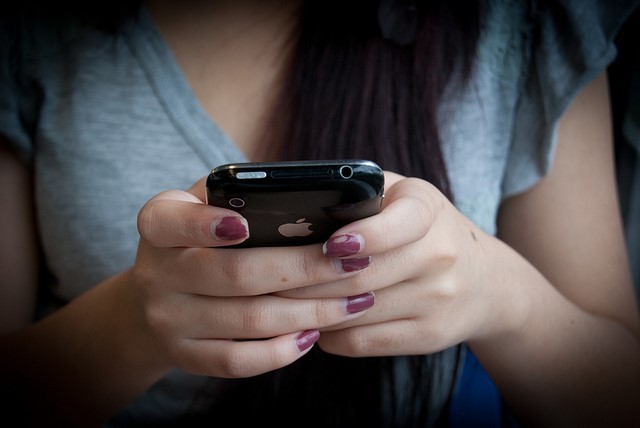

Do you ever wonder about the impact that excessive technology might have on us as a society? Probably no one is more concerned than parents of teenagers, because teens are much more likely to text, be sexting, play games online, and use social networking all the time.
Though scientists are still forming conclusions about the effects of a digital lifestyle, one new study suggests that frequent texting may lead to shallow patterns of thought and behavior in young people.
The study came out of the University of Winnipeg, where 2,200 college psychology students were surveyed about their texting habits and then given several tests to measure their values and focuses in life.
Tests included a standard personality test, a questionnaire designed to measure habits of self-reflection, and a survey asking participants to rate the importance of specific life goals.
Students reported how many texts they sent or received (whichever number was higher) on the heaviest-use day of the month, not including work-related text messages. 30% reported 200 texts on their busiest day; 12% reported over 300.
Those who texted frequently tended to be less reflective and to report that goals like “wealth” were more important than those who texted less often. Young people who texted 100 times per day were 30% less likely to report that living an ethical, principled life was important to them, compared to those who texted 50 or less times per day.
Of course there are limitations to exactly what the study can say with certainty. It doesn't prove that texting makes for shallow individuals – there could be any number of other explanations for why these traits appear to be related.
But this study may be a reason for parents to think about the frequency and depth of their kids' exposure to technology, and whether their screen time limits are appropriate. Researchers speculate that the problem may not be texting per se, but the lack of downtime that allows kids to ponder deeply about who they are and what's important to them in life.
-Article Contributed by Jenny Evans



